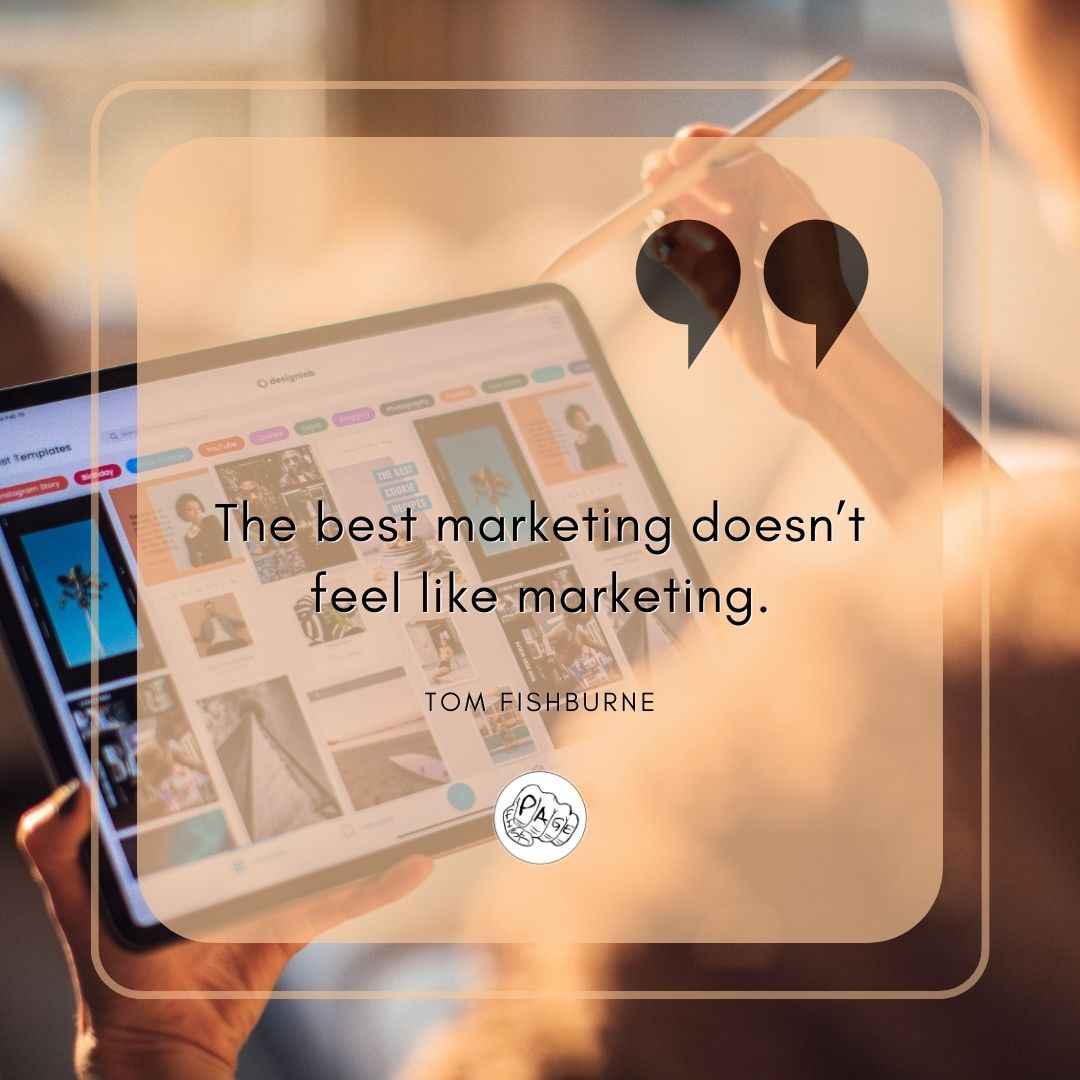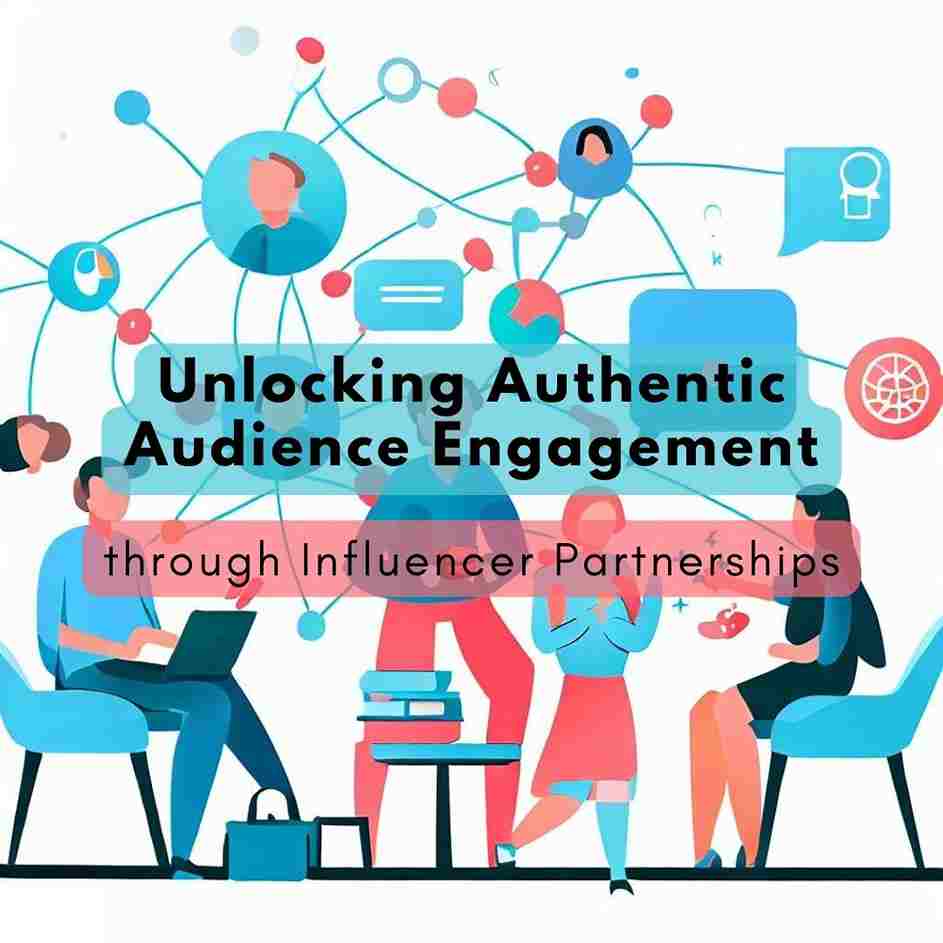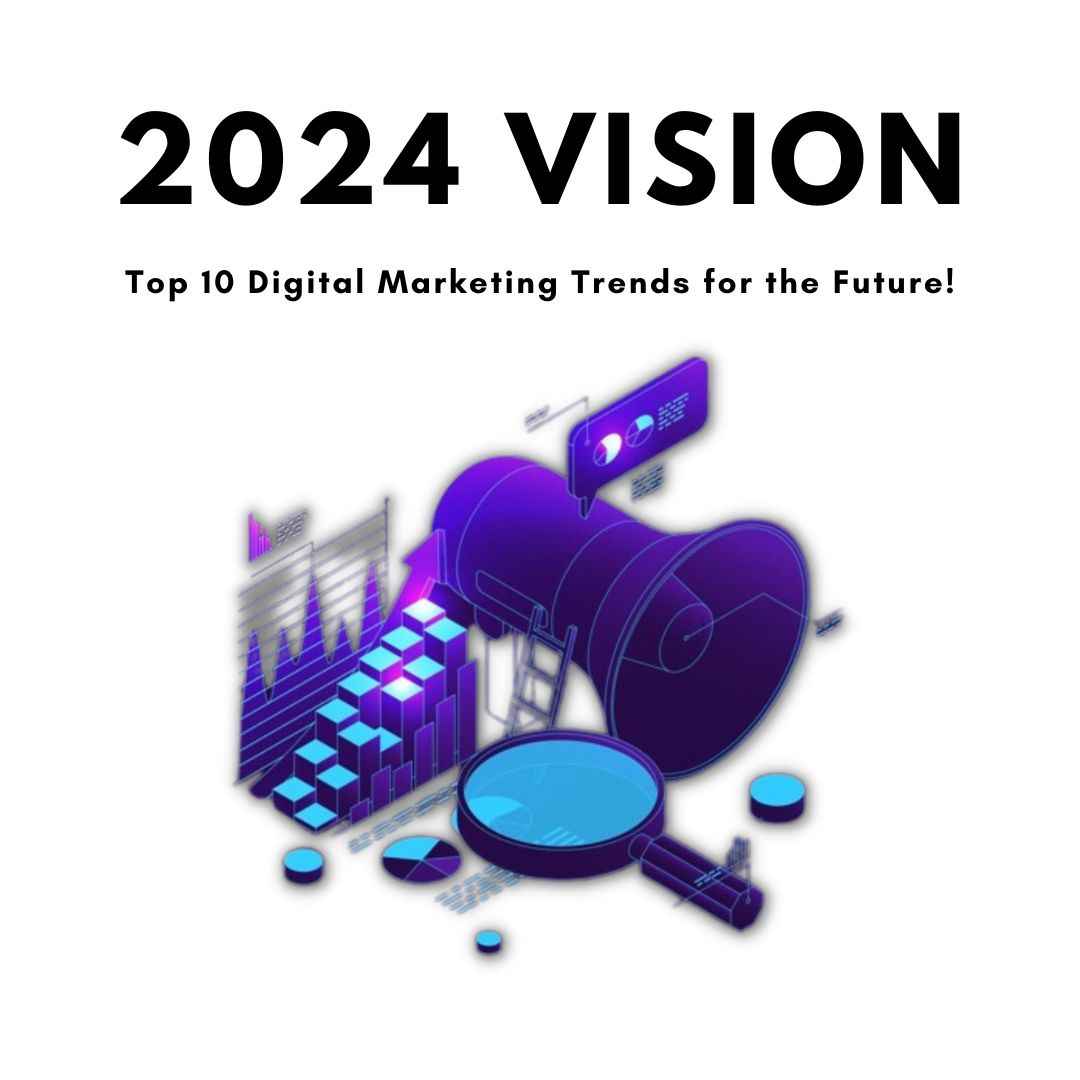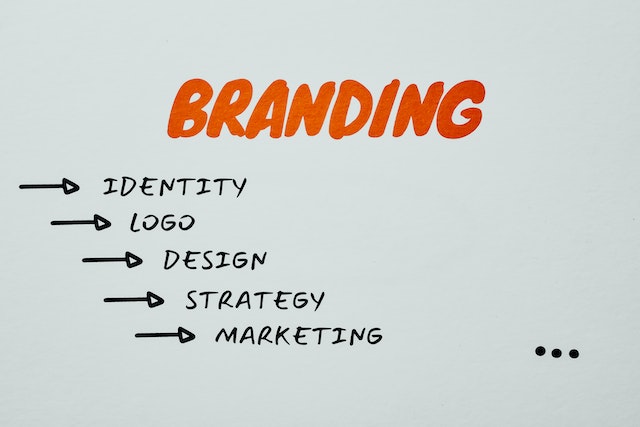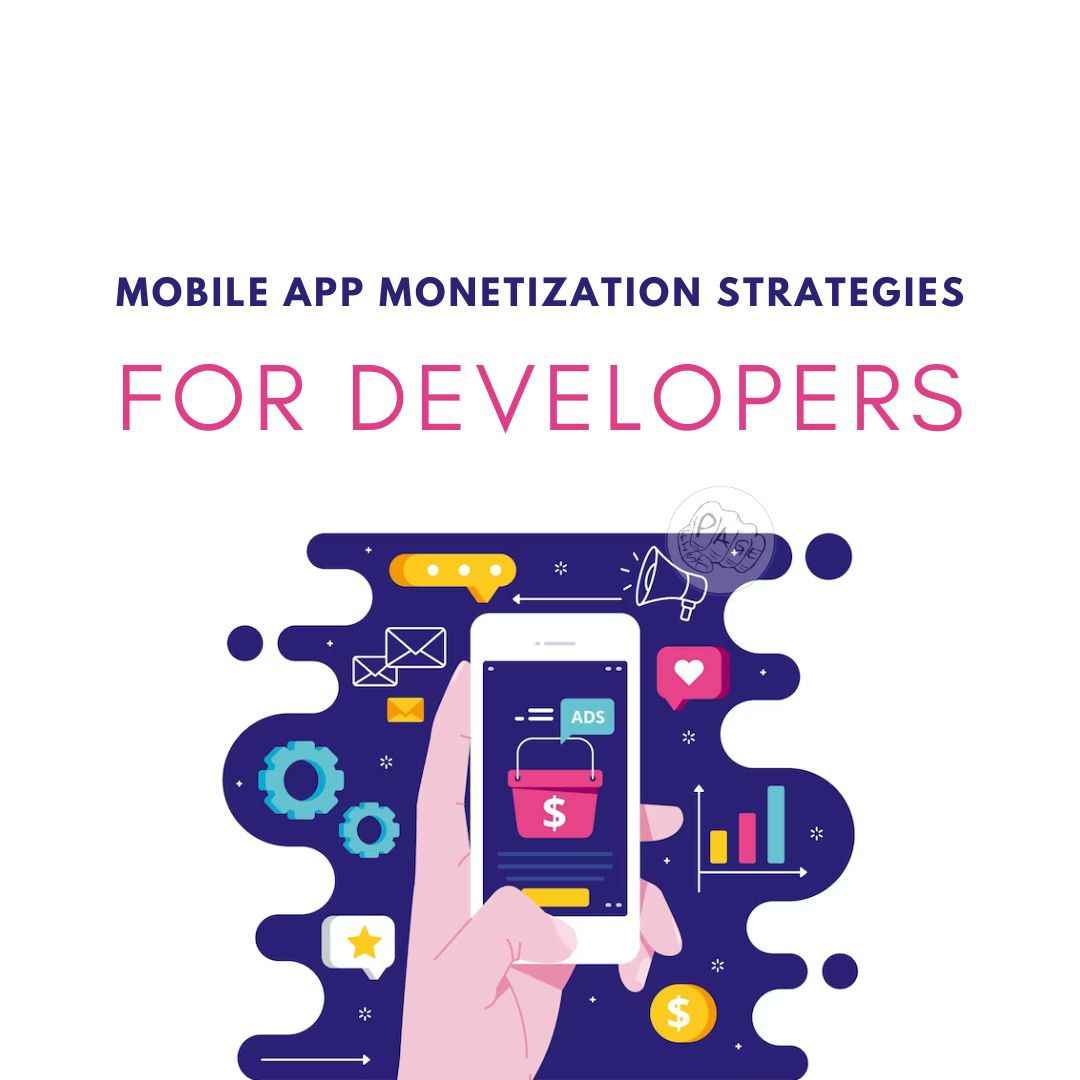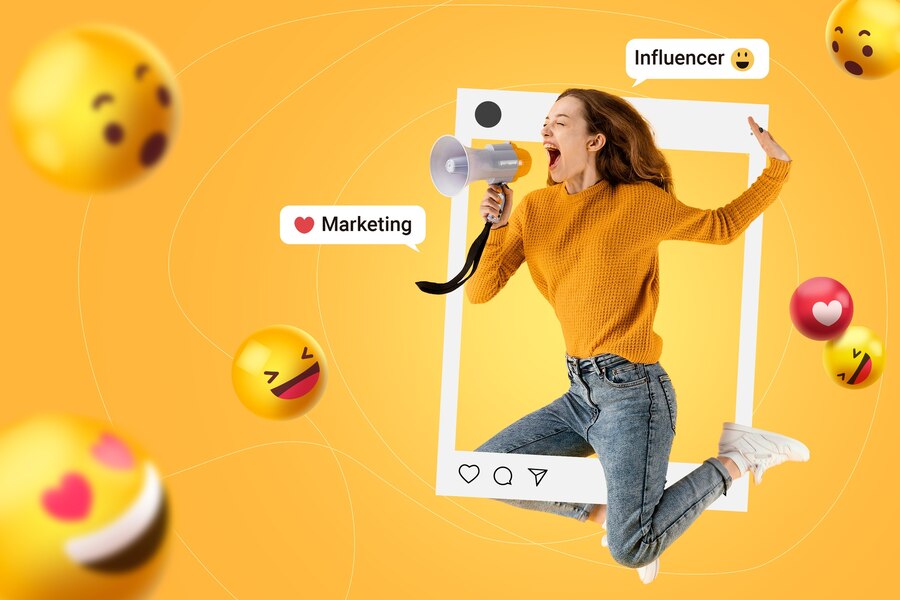How to Use Quotes Effectively in Your Digital Marketing Strategy
One of the most effective ways to attract and engage your audience in digital marketing is to use quotes. Quotes are short, catchy, and memorable phrases that convey a message or a sentiment. They can be inspirational, motivational, humorous, or provocative.
Quotes are powerful tools that can enhance your digital marketing strategy. They can capture the attention of your audience, convey your brand personality, and inspire action. But how do you use quotes effectively in your digital marketing campaigns? Here are some tips and best practices to help you get the most out of quotes.
Choose Relevant and Credible Quotes
The first step to using quotes effectively is to choose quotes that are relevant and credible. You want to use quotes that relate to your topic, your audience, and your goal. For example, if you are writing a blog post about productivity, you might use a quote from a famous entrepreneur or author who has shared their insights on productivity. This way, you can establish a connection with your readers and show them that you are knowledgeable and trustworthy.
However, you also want to avoid using quotes that are too generic, too obscure, or too controversial. Generic quotes are those that are overused or have no clear source. They might sound catchy, but they do not add much value to your content. Obscure quotes are those that are unfamiliar or hard to understand. They might make you seem smart, but they can also confuse or alienate your audience. Controversial quotes are those that express opinions or views that might offend or provoke your audience. They might spark a debate, but they can also damage your reputation or credibility.
Therefore, you should always do your research before using a quote. Make sure that the quote is accurate, authentic, and appropriate for your context. You should also cite the source of the quote, either by mentioning the name of the person who said it or by providing a link to the original source.
Use Quotes Sparingly and Strategically
The second step to using quotes effectively is to use them sparingly and strategically. You do not want to overuse quotes in your digital marketing content, as this can make your content seem unoriginal, boring, or lazy. You also do not want to use quotes randomly or without a purpose, as this can make your content seem disjointed, irrelevant, or confusing.
Instead, you should use quotes as a complement to your own voice and message. You should use quotes to support your points, illustrate your examples, or emphasize your calls to action. You should also use quotes to create contrast, interest, or emotion in your content. For example, you might use a quote to start or end your blog post with a bang, highlight a key takeaway or benefit in your email newsletter, or showcase a testimonial or endorsement in your social media post.
However, you should also make sure that the quotes you use fit well with the tone and style of your content. You should avoid using quotes that are too formal or informal, too long or short, or too complex or simple for your audience and medium. You should also adapt the quotes to match your brand voice and personality. For example, you might use punctuation, capitalization, or emojis to add some flair or humor to your quotes.
Test and Measure the Impact of Your Quotes
The third step to using quotes effectively is to test and measure the impact of your quotes. You want to use quotes that resonate with your audience and help you achieve your digital marketing goals. But how do you know if the quotes you use are working or not?
One way to find out is to conduct A/B testing on your digital marketing content. A/B testing is a method of comparing two versions of the same content with one variable changed (in this case, the quote) to see which one performs better. For example, you might test two different headlines for your blog post with different quotes and see which one gets more clicks, shares, or comments.
Another way to find out is to track and analyze the metrics and feedback of your digital marketing content. Metrics are quantitative data that measure the performance of your content, such as views, conversions, or sales. Feedback is qualitative data that measure the satisfaction of your audience, such as ratings, reviews, or testimonials. For example, you might track how many people sign up for your webinar after reading a quote on your landing page or how many people leave positive feedback after seeing a quote in your video.
By testing and measuring the impact of your quotes, you can learn what works and what does not work for your digital marketing strategy. You can then optimize and improve your content accordingly.
Conclusion
Quotes are powerful tools that can enhance your digital marketing strategy if used effectively. To use quotes effectively in your digital marketing content, you should:
- Choose relevant and credible quotes
- Use quotes sparingly and strategically
- Test and measure the impact of your quotes
By following these tips and best practices, you can use quotes to capture the attention of your audience, convey your brand personality, and inspire action.
Share This Post
Related Articles
Unlocking Authentic Audience Engagement through Influencer Partnerships
Discover how influencer partnerships remain a popular and effective way to engage and expand your target audience. Explore various collaboration methods and real-world examples to unlock the potential of this strategy.
2024 Vision: Top 10 Digital Marketing Trends for the Future!
Get ahead in the digital marketing game with our guide to the Top 10 Digital Marketing Trends for 2024. Discover cutting-edge strategies to boost your online presence and engage your audience effectively!
What is Branding and Why is It Important for Your Business?
Branding is the process of creating a distinctive identity for a product, service, organization, or individual. Branding involves developing a name, logo, slogan, design, color scheme, voice, and personality that communicate the value proposition and differentiate the brand from competitors. Branding aims to establish a positive reputation and recognition in the market, as well as to build trust and loyalty among customers and stakeholders.
Mobile App Monetization Strategies for Developers
Explore effective Mobile App Monetization Strategies for Developers to maximize revenue and user engagement in the app economy. Learn how to strike the right balance between monetization and user experience.
The Power of Online Influence: How to Supercharge Your Brand with Influencer Marketing
Discover the secrets of influencer marketing and learn how to supercharge your brand's online influence. Find the right influencer, create compelling content, and measure your success in this comprehensive guide!
Related FAQ
No related FAQ.
Say Hello
To Your Dream
